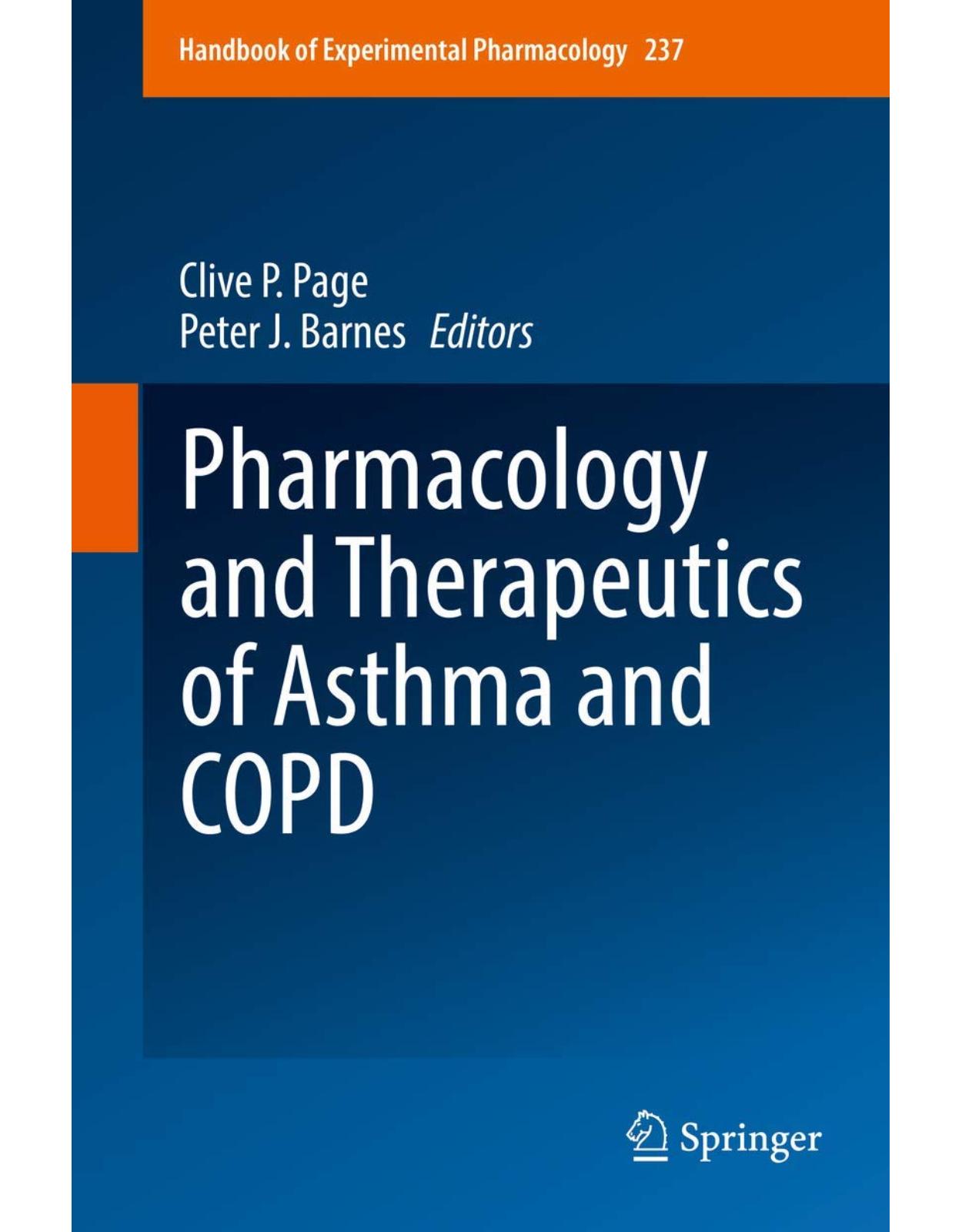
Pharmacology and Therapeutics of Asthma and COPD
Livrare gratis la comenzi peste 500 RON. Pentru celelalte comenzi livrarea este 20 RON.
Disponibilitate: La comanda in aproximativ 4-6 saptamani
Editura: Springer
Limba: Engleza
Nr. pagini: 295
Coperta: Hardcover
Dimensiuni: 16.26 x 2.13 x 24.21 cm
An aparitie: 13 Feb. 2017
Description:
The present volume is supposed to be a major reference resource for chest physicians and those involved in the development of novel pharmaceutical entities for these diseases. Internationally recognized authorities review the most important new information on the advances in our understanding of the pathogenesis and treatment of these diseases, including the substantial advances in the topical delivery of inhaled medicines. Each chapter is extensively referenced, generously illustrated with clear diagrams and photographs, and represents a state-of-the-art review of this important area of respiratory medicine.
Table of Contents:
Pathogenesis of COPD and Asthma
1 Pathology of COPD
2 Chronic Inflammation
3 Accelerated Ageing
4 Oxidative Stress
5 Pathophysiology
6 Causes and Pathogenesis of Exacerbations
7 Pathology of Asthma
8 Airways Inflammation
9 Bronchial Hyper-Responsiveness
10 Airway Remodelling in Asthma
11 Severe Asthma and Frequent Exacerbations
References
beta2 Agonists
1 Introduction
2 Clinical Classification of beta Agonists
2.1 SABAs
2.2 LABAs
2.3 Ultra-LABAs
3 Mechanisms of Action
4 Adverse Effects
5 Pharmacogenetics and the beta2AR
6 Future Perspectives and Summary
References
Muscarinic Receptor Antagonists
1 Introduction
2 Muscarinic Receptor Antagonists Currently Used for Treating COPD and Asthma
2.1 COPD
2.2 Asthma
3 Alternative Mechanisms for Muscarinic Receptor Antagonists
3.1 Muscarinic Receptor Antagonists as Potential Anti-inflammatory and/or Anti-remodelling Therapy
3.2 Muscarinic Receptor Antagonists as Potential Mucus-Modifying Therapy
3.3 Muscarinic Receptor Antagonists as Potential Anti-cough Therapy
4 Side Effects of Muscarinic Receptor Antagonists
5 Combination Therapy of Muscarinic Receptor Antagonists with Other Drugs in COPD and Asthma
5.1 LAMA/LABA Combination
5.2 LAMA/ICS Combination
5.3 LAMA/LABA/ICS Combination
6 LAMA/PDE4 Inhibitors
7 LAMA Compounds in Development
References
Xanthines and Phosphodiesterase Inhibitors
1 Introduction
2 Mechanism of Action of Theophylline
2.1 Bronchodilation
2.2 Bronchoprotection
2.3 Anti-inflammatory Actions
2.4 Diaphragmatic Contractility
2.5 Dyspnea and Gas Trapping
3 Molecular Targets for Xanthines
3.1 Adenosine Receptor Antagonism
3.2 PDE Inhibition
3.3 Phosphoinositide 3-Kinase
3.3.1 HDAC
3.4 Other Potential Mechanisms of Action of Xanthines
4 Selective Phosphodiesterase Inhibitors
5 Dosages and Routes of Administration of Xanthines
6 Side Effects of Xanthines
7 Indications and Contraindications of Xanthines
8 Summary
References
Glucocorticosteroids
1 Introduction
2 Clinical Use in Asthma
3 Clinical Use in COPD
4 Anti-Inflammatory Mechanisms of Glucocorticoids
4.1 Glucocorticoid Receptors
4.2 Gene Activation
4.3 Switching Off Activated Inflammatory Genes
4.4 Post-Transcriptional Effects
5 Cellular Effects in Asthma and COPD
6 Interaction with beta2-Adrenergic Agonists
7 Glucocorticoid Resistance
7.1 Genetic Susceptibility
7.2 Defective GR Binding and Translocation
7.3 Increased GRbeta
7.4 Transcription Factor Activation
7.5 Abnormal Histone Acetylation
7.6 Decreased HDAC2
8 Therapeutic Implications
8.1 Dissociated Steroids
8.2 Alternative Anti-Inflammatory Treatments
8.3 Reversing Glucocorticoid Resistance
9 Conclusions
References
Fixed-Dose Combination Inhalers
1 Introduction
2 Inhaled Corticosteroid/Long-Acting beta-Agonist Combinations
3 Long-Acting Anti-muscarinic Agent/Long-Acting beta-Agonist Combinations
4 Inhaled Corticosteroid/Long-Acting Antimuscarinic Agent Combinations
5 Inhaled Corticosteroid/Long-Acting beta-Agonist/Long-Acting Antimuscarinic Agent Combinations
References
Anti-IgE and Biologic Approaches for the Treatment of Asthma
1 Introduction
2 Anti-IgE Biologic Treatments
3 Anti-IL-4/IL-13 Biologics
4 Anti-IL-5 Biologics
5 Anti-IL-9 Biologics
6 Anti-IL-17 and Anti-IL-23 Biologics
7 Anti-IL-25 Biologics
8 Anti-IL-33 Biologics
9 Anti-TSLP Biologics
10 Anti-TNF Biologics
11 Anti-granulocyte Monocyte Colony-Stimulating Factor (Anti-GM-CSF)
12 Conclusions
References
Leukotriene Receptor Antagonists and Antiallergy Drugs
1 Leukotriene Receptor Antagonists (LTRAs)
1.1 Pharmacology of Leukotrienes and Its Receptors
1.2 Clinical Use of LTRAs
2 Antiallergic Agents Other Than LTRAs
2.1 Mediator-Release Suppressants
2.1.1 Pharmacology of Mediator-Release Agents
2.1.2 Clinical Use of DSCG
2.2 Histamine H1 Antagonists
2.2.1 Pharmacology of Histamine and Its Receptors
2.2.2 Clinical Use of Histamine H1 Antagonists
2.3 Thromboxane A2 (TXA2) and Its Receptors
2.3.1 Pharmacology of TXA2 and Its Receptors
2.3.2 Clinical Use of TXA2 Inhibitors/Antagonists
2.4 Th2 Cytokine Inhibitor
2.4.1 Pharmacology of Th2 Cytokine Inhibitor
2.4.2 Clinical Use of Th2 Cytokine Inhibitor
3 Conclusion
References
Glucocorticoids
1 Introduction
2 Chemical Structures
2.1 Pharmacokinetics
2.2 Glucocorticoid Responsiveness in Asthma
2.3 Effects of Glucocorticoids on Asthmatic Inflammation
2.4 Effects of Glucocorticoids on Airway Structural Cells
3 GC Effects in COPD
3.1 Reduced Response to the Anti-Inflammatory Action of Corticosteroids in Stable COPD
3.2 Side Effects of GCs
4 Mechanisms of Glucocorticosteroid Action
4.1 Glucocorticoid Receptors
4.2 Gene Induction by Corticosteroids
4.3 Gene Repression by Corticosteroids
4.4 Steroid Refractory Asthma
4.5 Asthma Exacerbations and Steroid Sensitivity
4.6 Oxidative Stress and GC Refractoriness
5 Clinical Implications
6 Conclusions
References
Bifunctional Drugs for the Treatment of Respiratory Diseases
1 Background
2 Bifunctional Bronchodilator Drugs
3 Bifunctional Bronchodilator/Anti-inflammatory Drugs
4 Bifunctional Anti-inflammatory Drugs
5 Bifunctional Anti-inflammatory/Mucolytic/Antioxidant Drugs
6 Conclusions
References
Drugs Affecting TRP Channels
1 Transient Receptor Potential Channels
1.1 COPD
1.2 Asthma
2 TRPV1
2.1 TRPV1 Roles in Airway Disease
2.2 TRPV1 Channel Antagonists
2.2.1 Other Notable Clinical Candidates Now Discontinued
3 TRPA1
3.1 TRPA1 in Asthma and COPD
3.2 TRPA1 Channel Antagonists
4 TRPV4
4.1 TRPV4 Role in Airway Disease
4.2 TRPV4 Antagonists
5 TRPM8
5.1 TRPM8 in Asthma and COPD
5.2 Drugs Affecting TRPM8 Channels
6 Discussion
References
Evaluation of New Drugs for Asthma and COPD: Endpoints, Biomarkers and Clinical Trial Design
1 Introduction
2 Challenge Models Used in Early Phase Studies
2.1 Allergen Challenge
2.2 Models of Neutrophilic Airway Inflammation
2.3 Bronchial Hyperreactivity
3 Biomarkers
3.1 Systemic Biomarkers
3.2 Induced Sputum
3.3 Exhaled Nitric Oxide
3.4 Bronchoscopic Sampling
3.5 Lung Imaging
4 Clinical Endpoints in Later Phase Studies
4.1 Minimal Clinically Important Differences
4.2 Patient-Reported Outcomes in COPD Studies
4.3 COPD Exacerbations
4.4 Clinical Endpoints in Asthma Studies
4.4.1 Measuring Asthma Control
4.4.2 Asthma Exacerbations
5 Conclusions
References
Drug Delivery Devices for Inhaled Medicines
1 Introduction
2 Inhaled Drug Delivery
2.1 Aerosol Deposition in the Respiratory Tract
2.2 The Aerodynamic Particle Diameter and Particle Size Distribution
2.3 Patient-Related Factors That Influence Aerosol Deposition
3 Delivery Devices for Inhalation
3.1 Pressurised Metered Dose Inhalers
3.2 Nebulisers
3.3 The Soft Mist Inhaler
3.4 Dry Powder Inhalers
4 Choosing the Appropriate Device
4.1 Effectiveness; Effect of Training and Compliance
4.2 Off-Label Use
5 Summary
References
Index
| An aparitie | 13 Feb. 2017 |
| Autor | Clive P. Page, Peter J. Barnes |
| Dimensiuni | 16.26 x 2.13 x 24.21 cm |
| Editura | Springer |
| Format | Hardcover |
| ISBN | 9783319521732 |
| Limba | Engleza |
| Nr pag | 295 |

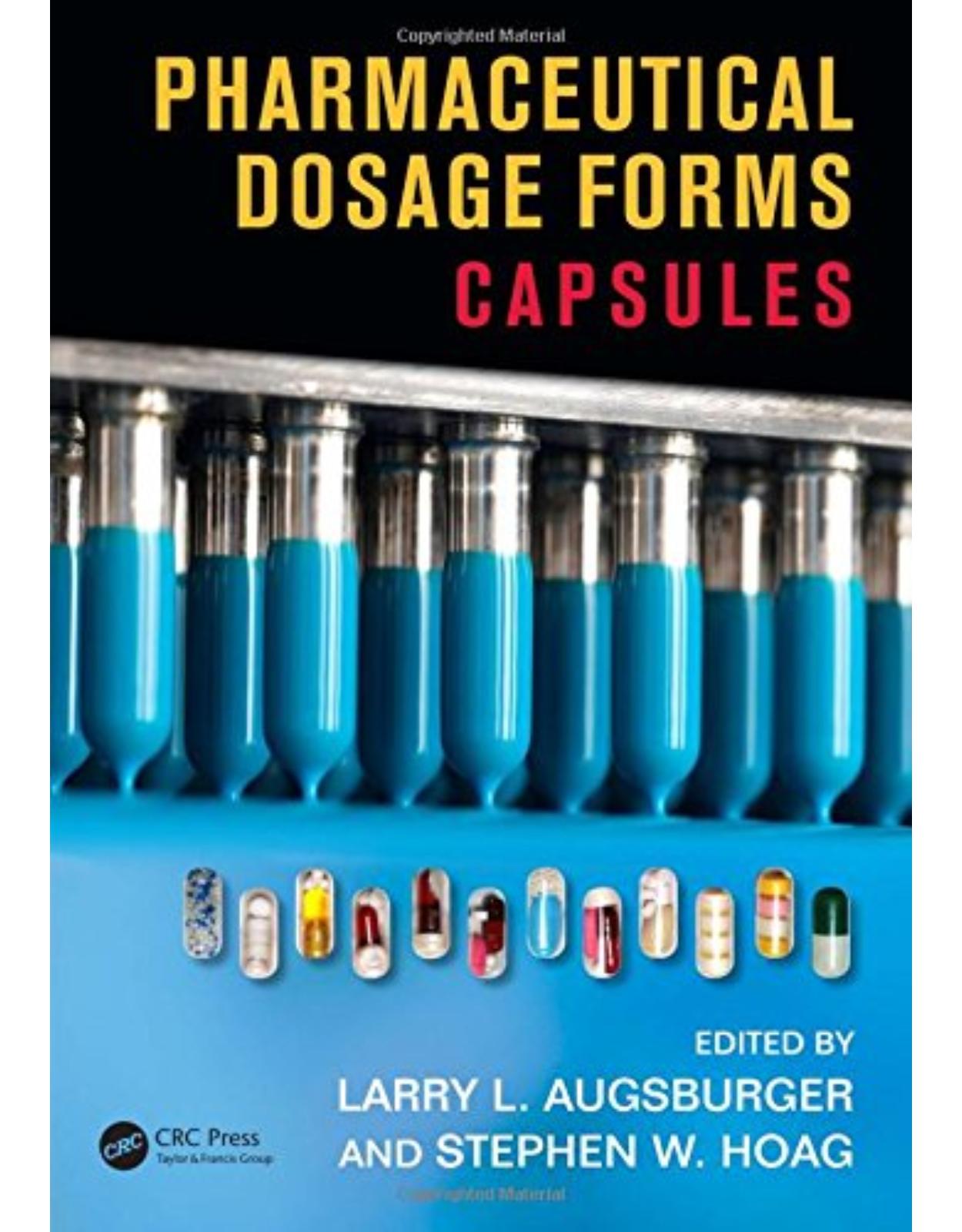
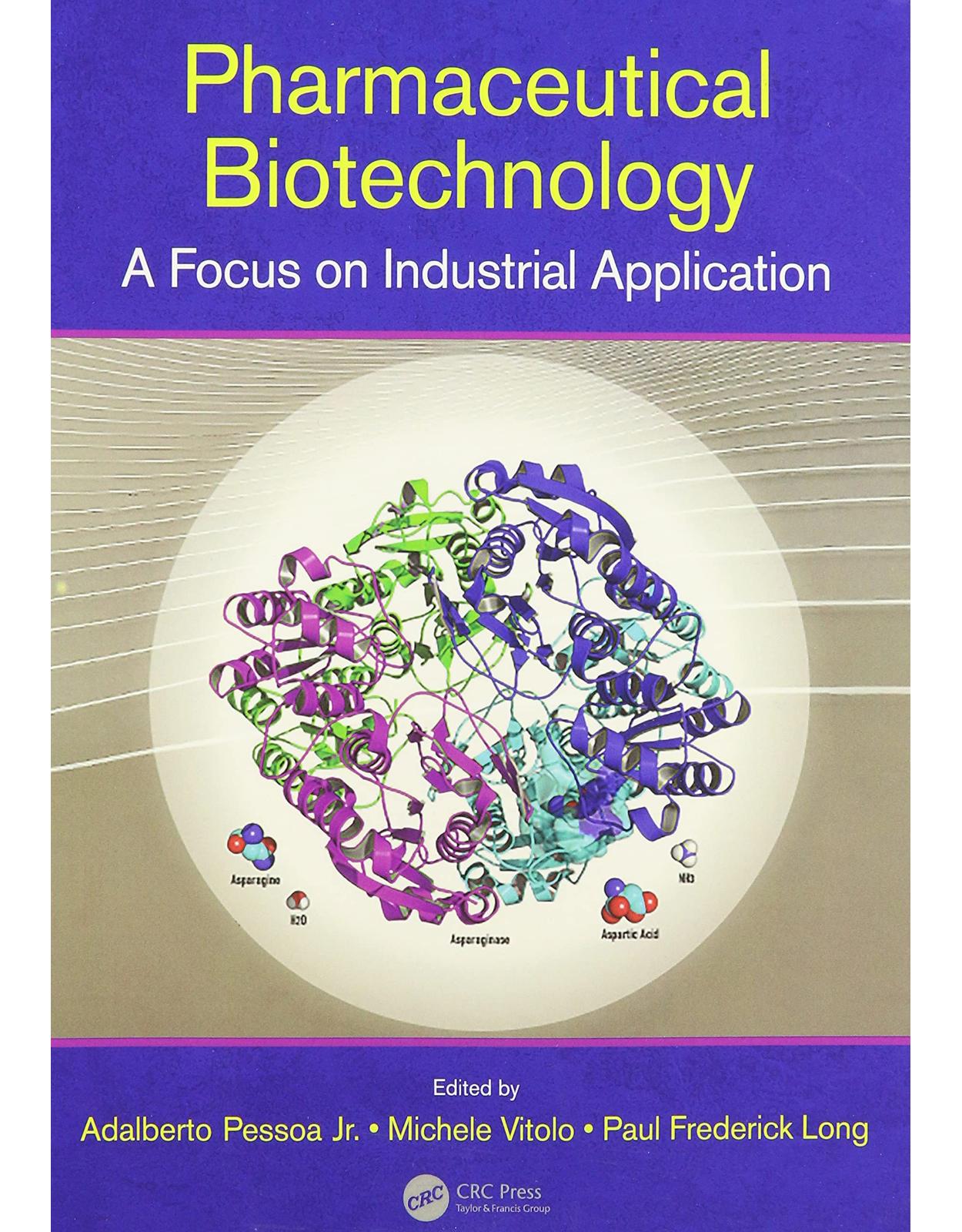
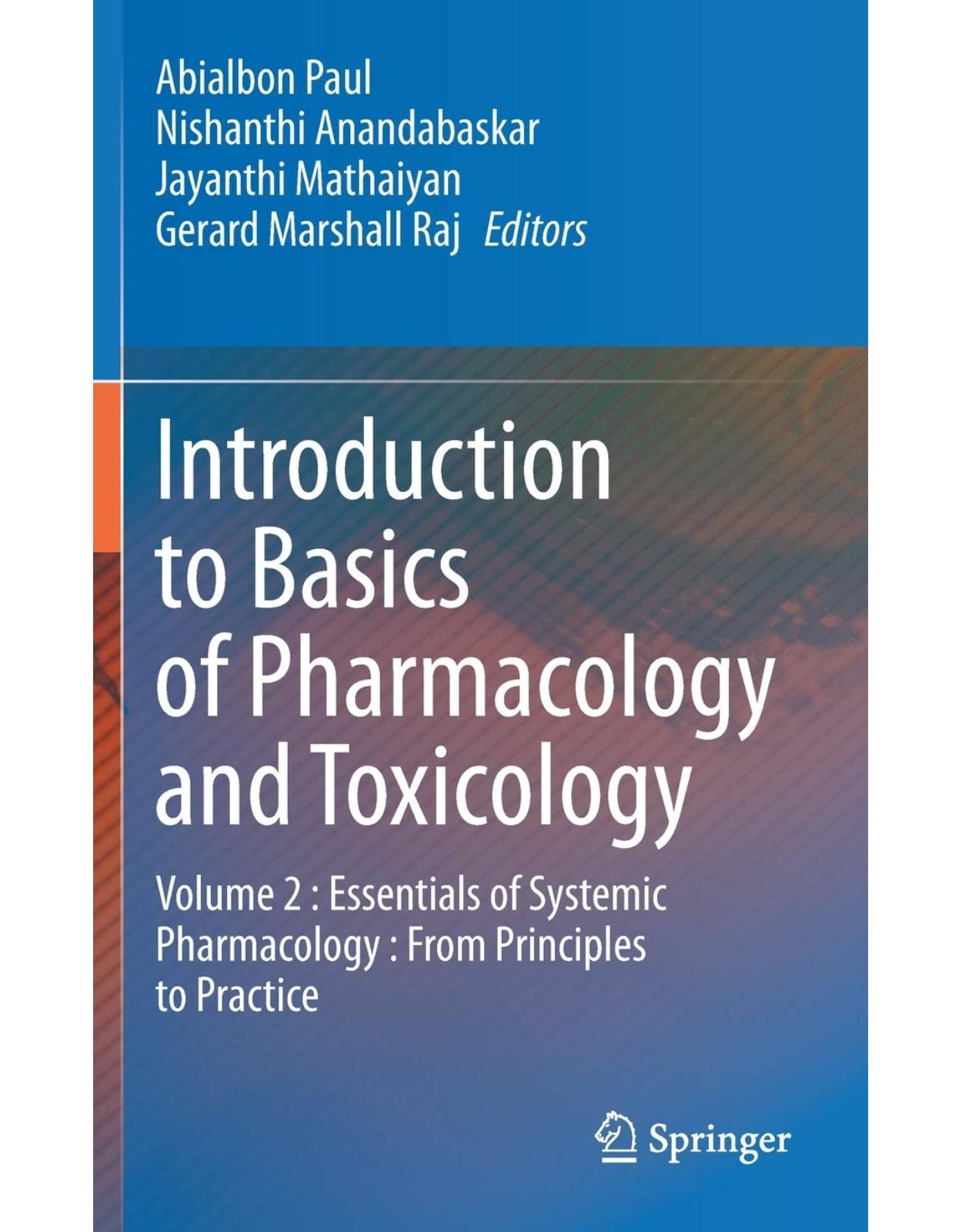
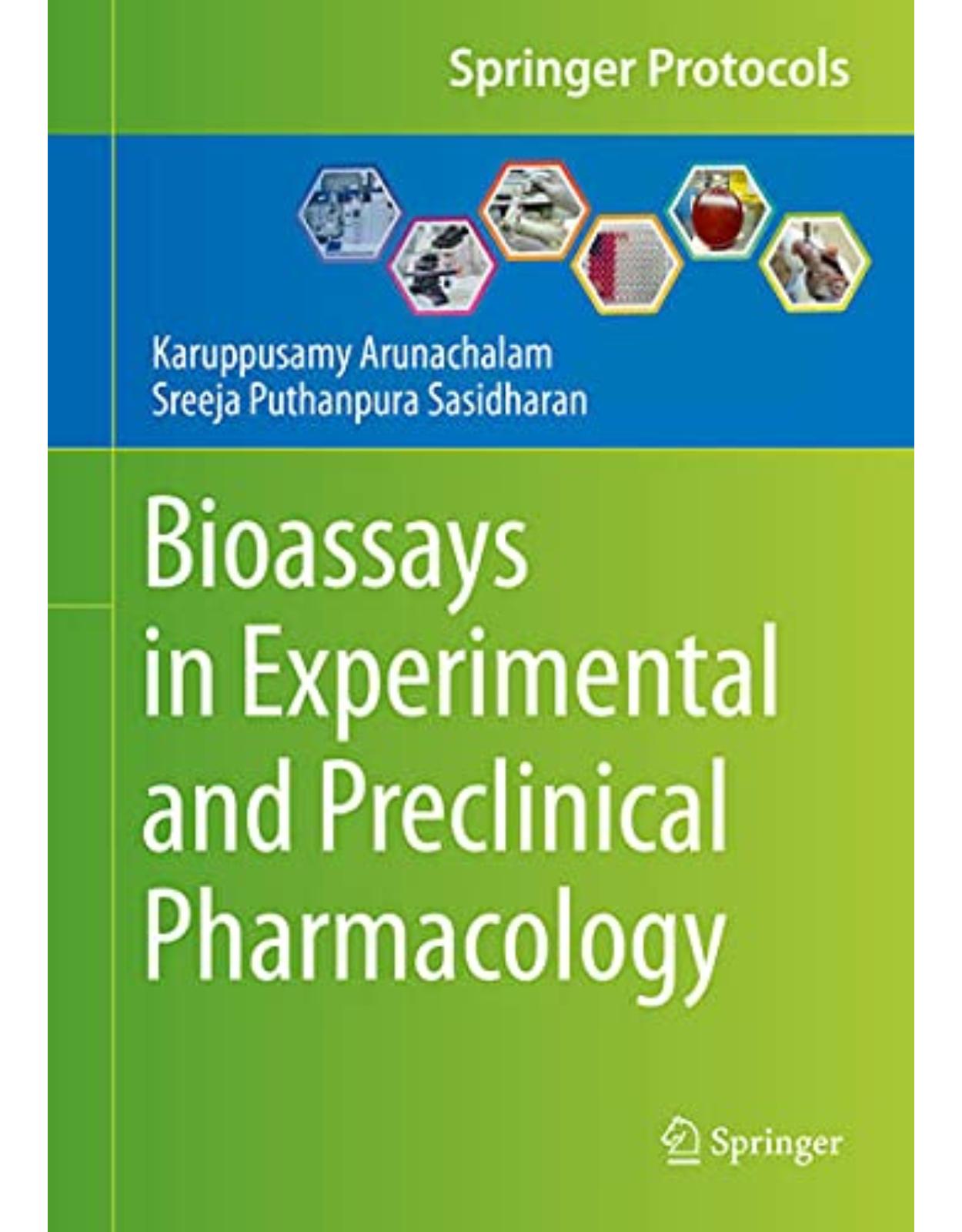
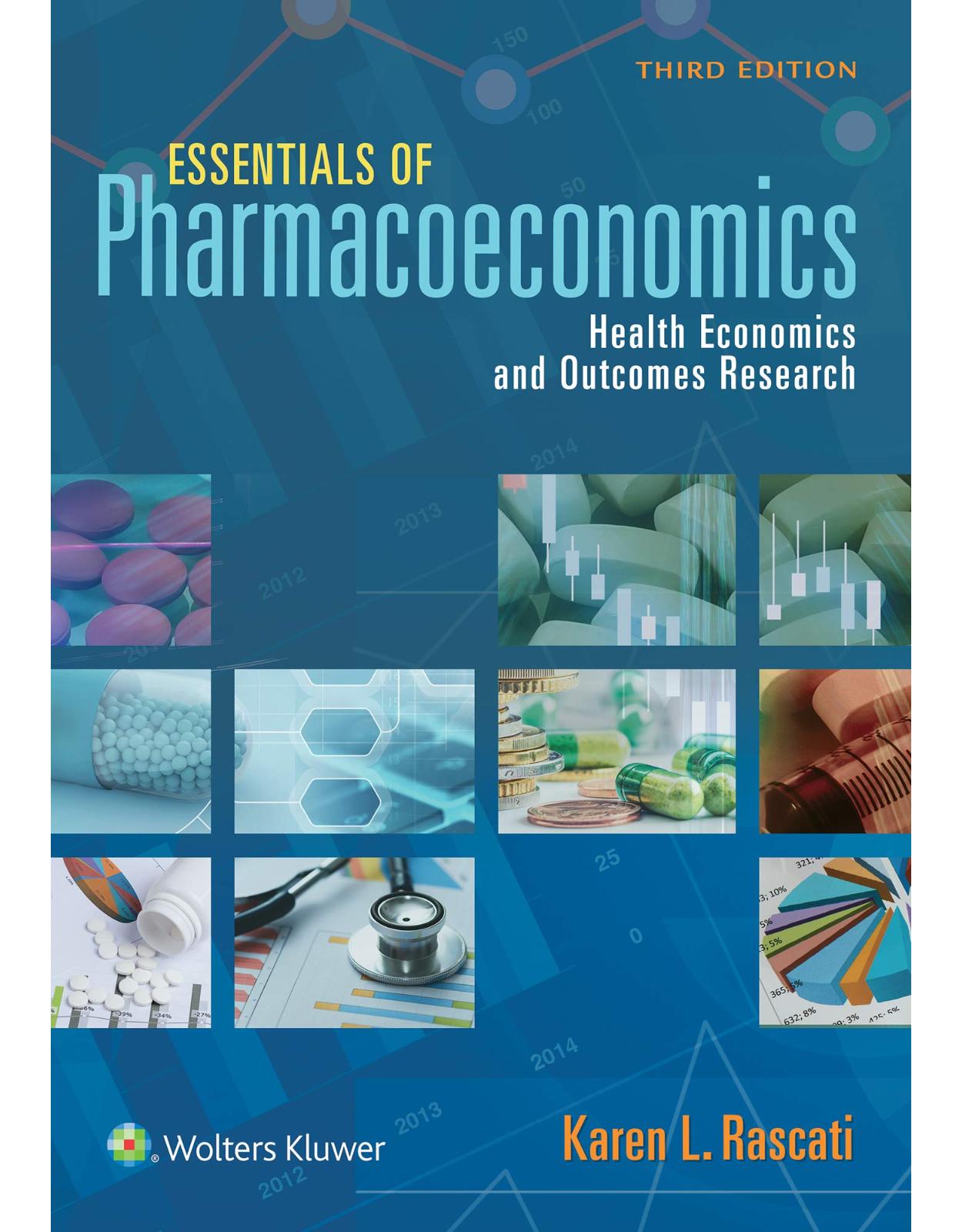
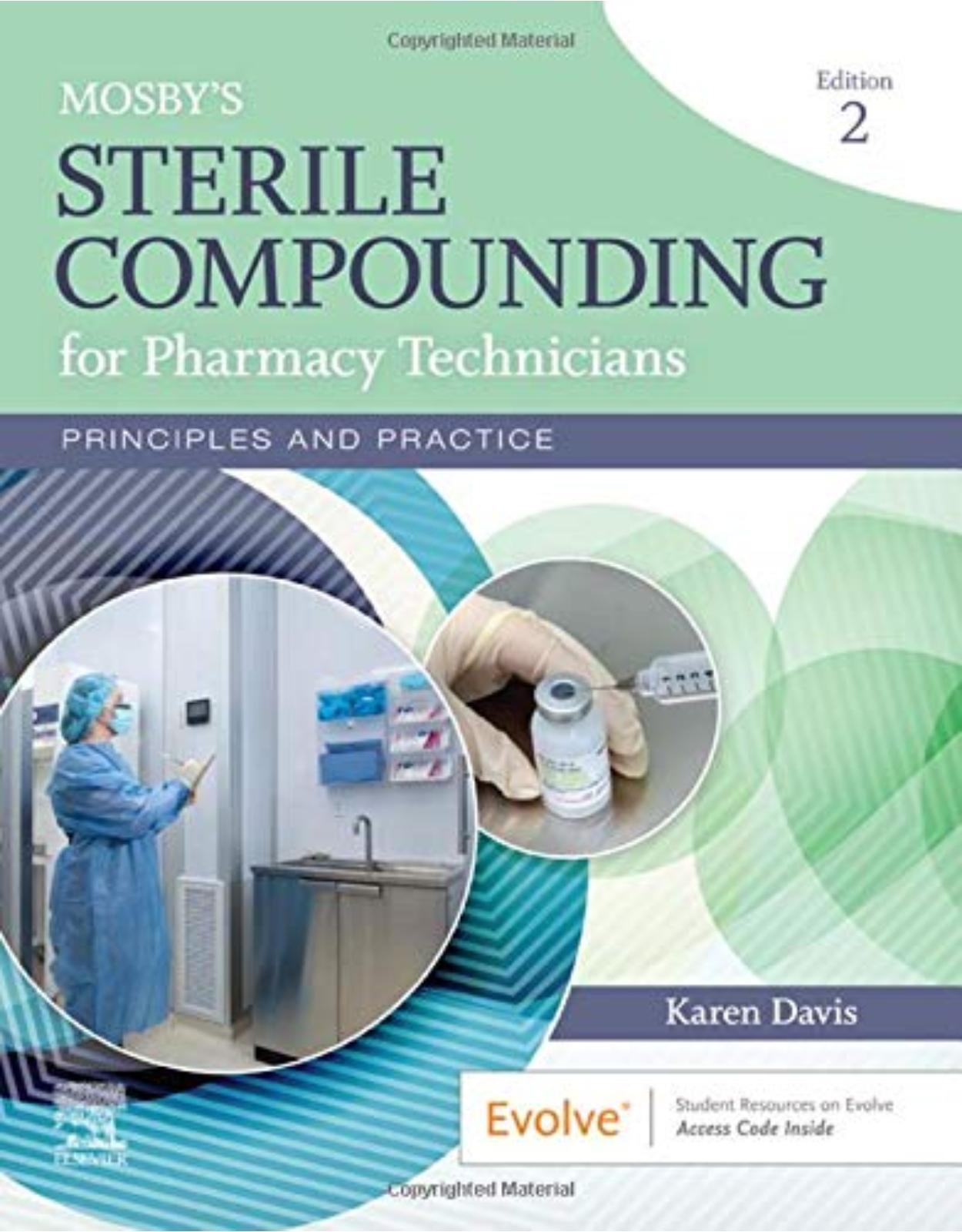
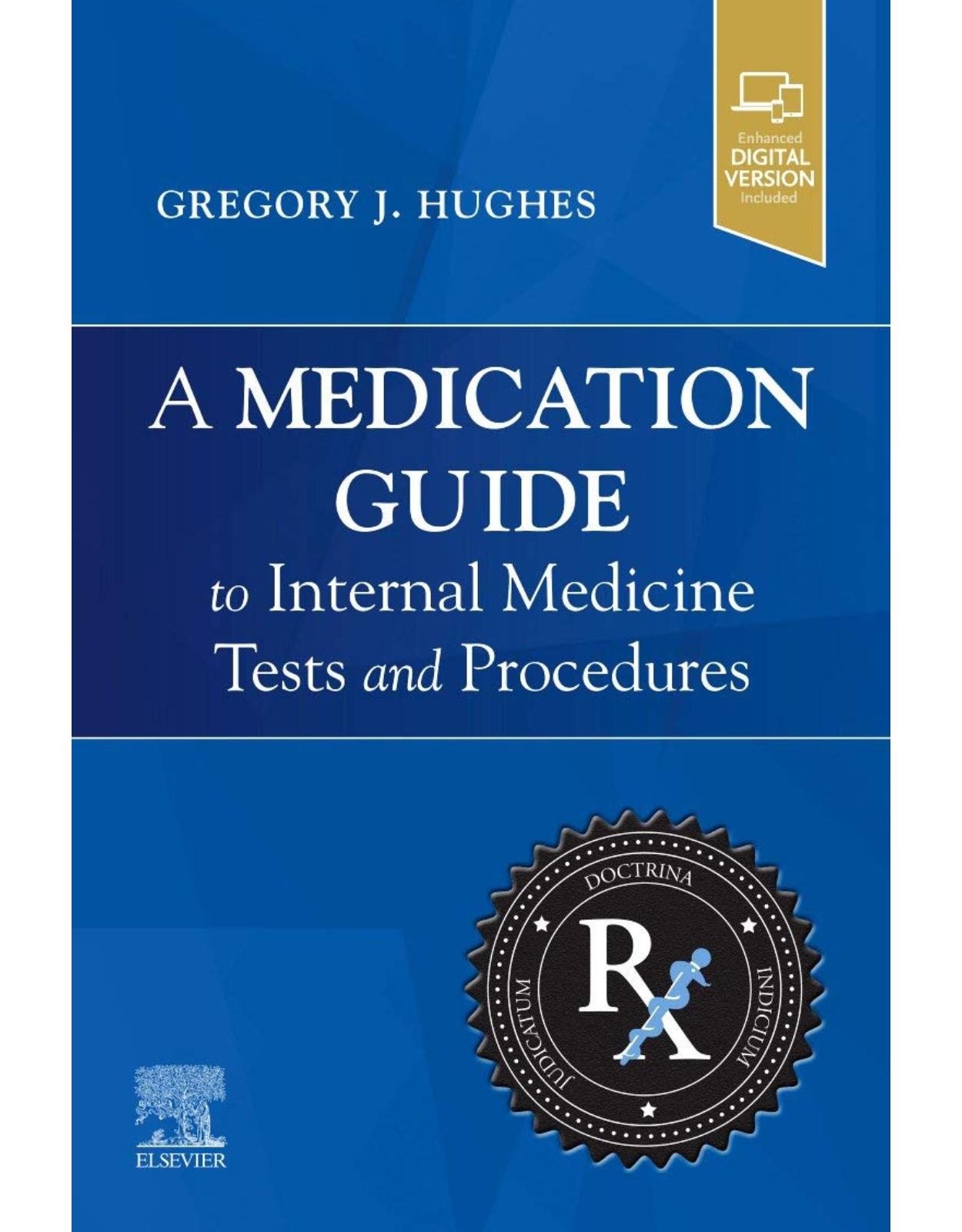
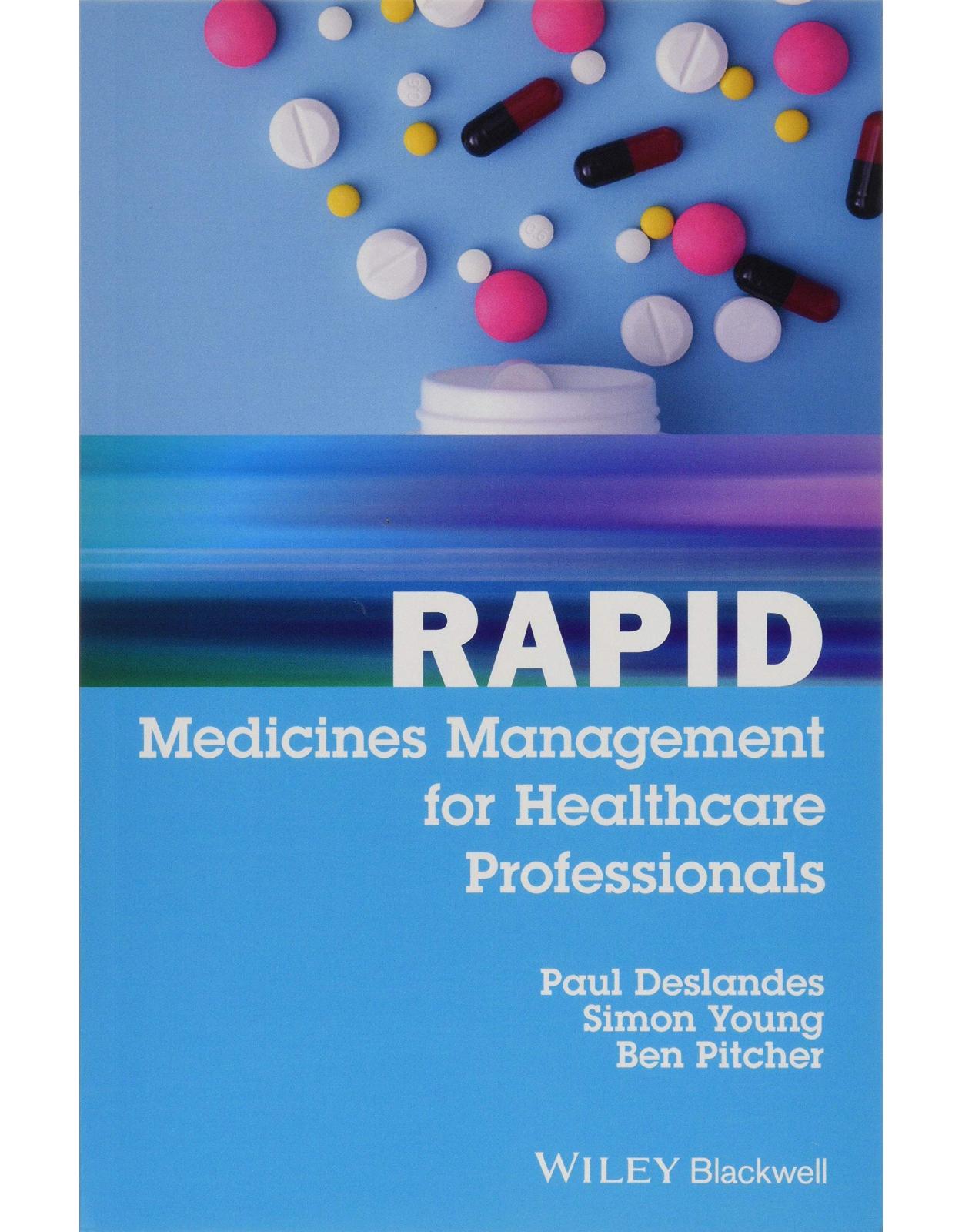
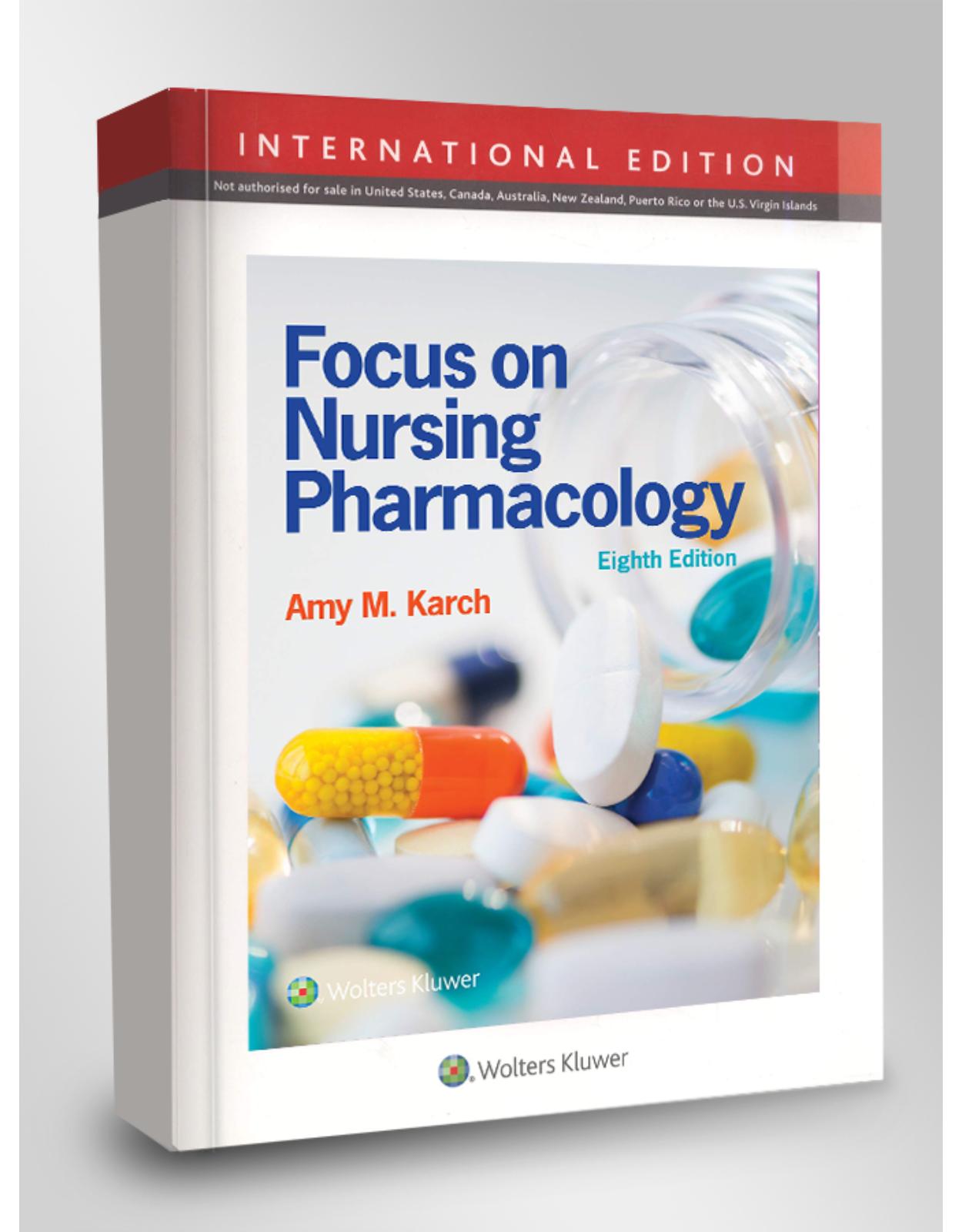
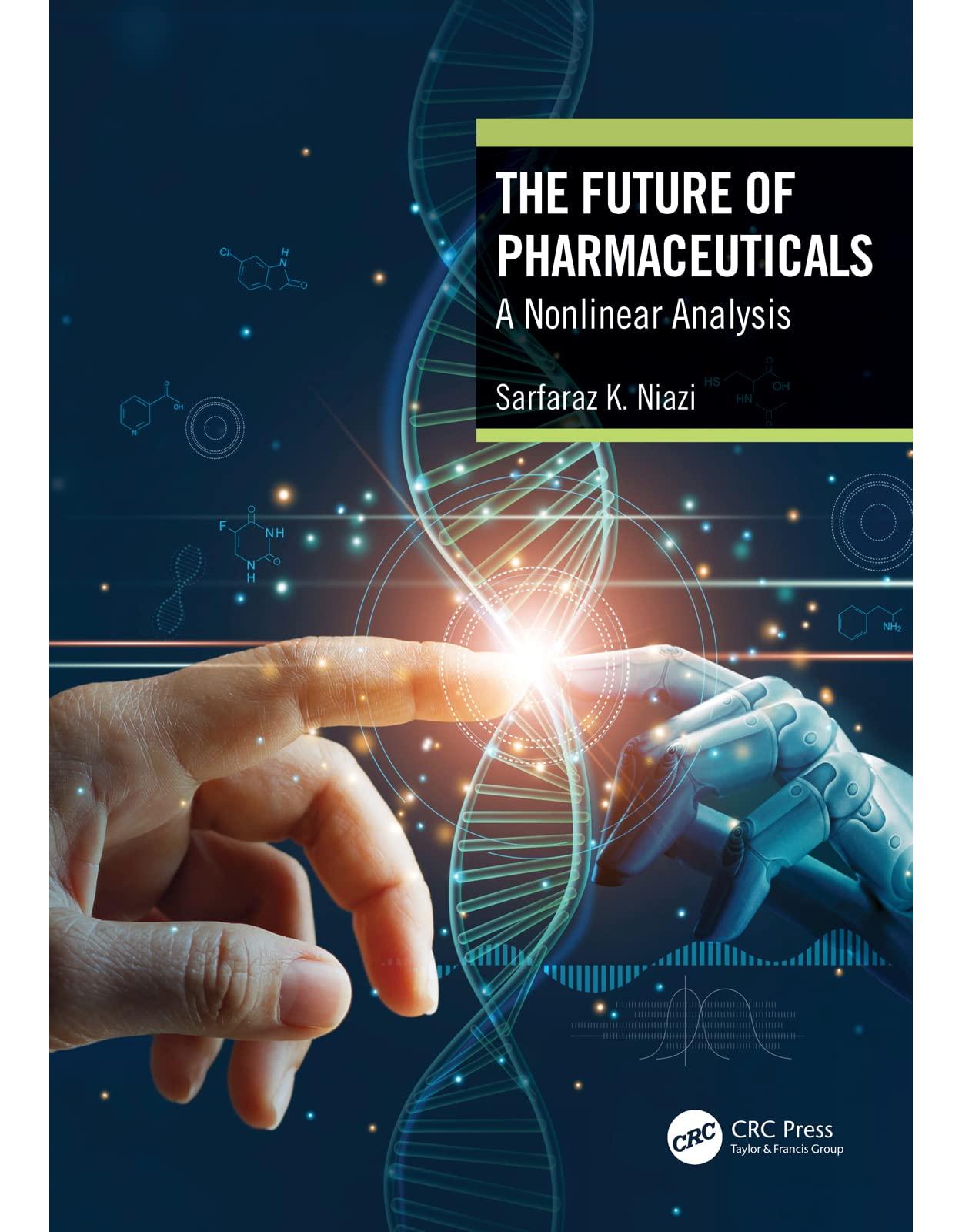
Clientii ebookshop.ro nu au adaugat inca opinii pentru acest produs. Fii primul care adauga o parere, folosind formularul de mai jos.